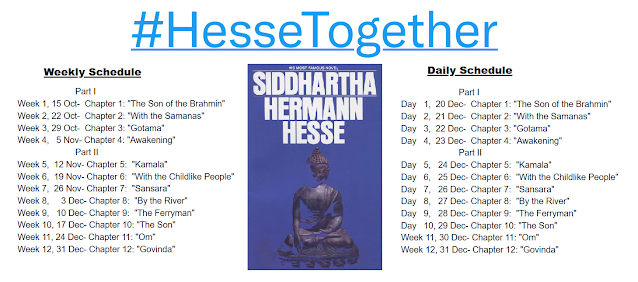Introduction
I've been fan of Peter Singer since hearing his drowning child thought experiment. I've listened to a couple of his books and heard many of his interviews. I recently listened to Doing Good Better by William MacAskill and a few days ago Peter Singer was on Steve Levitt's podcast, PIMA. I started typing an email to PIMA and decided to expand on it here.
I'd love to hear a discussion that revolves around the unintended consequences on effective altruism. And since Toni Morrison famously said, "If there is a conversation you wish to have in the world, it's up to you to have it..." here we go. As of now, I have a lot more questions than anything else. Here is my main question:
Is it possible, and under which conditions, that effective altruism could produce lower expected values as donations than if the money was spent consuming nonessential goods and services?
I
understand a huge problem to this discussion will be defining worse or negative. Is it worse or negative by what measurement
and or whose standard? Let's assume there is a divine measurement that
could be used. To make the discussion more concrete, I'm going to use
global poverty as a stand in for this divine measure of goodness. Poverty is a measureable idea. But if you want to replace poverty with whatever you value most, that works too.
Could selfish consumption of goods and or services ever be the optimal decision to improve global poverty? If so, how and in what ways?
If I borrow the incentive argument against welfare into global charity. The simplest form would be welfare keeps people dependent on aide and does more harm than good (I'm not suggesting or arguing how that is or isn't true). Could effective altruism create perverse incentives that could increase global poverty?
Potential Problems
Doing Good Better by William MacAskill has a section that discusses scaling issues in charities. So I want to ignore all the negative impacts due to scaling. If you give a charity more money than they can utilize, that's a negative.
I'm not arguing that the following two examples are correct or likely. I'm trying to examine possibilities.
First possibility: if the US economy started donating large (10% of GDP or higher) amounts of its GDP to effective charities, the US economy could suffer negative growth. The negative growth could cause local or global recessions, depressions, or collapses of economies. The 21st century has given at least a couple examples of how the US economy affects the global economies. But maybe the growth in poor countries would outweigh the losses in rich countries.
Second possibility: people's should spend their money and not donate it. People in poverty would benefit most by consumers buying goods and services. The advances in technology from buying stuff will help more people in poverty in the long run. Since we won't know which companies will have the next big break through, we should just keep buying stuff. Poor people will be best off from future technological advances than anything else. So even a smaller individual donations would be better spent on goods and services that will contribute to advancing technology. A twist on Milton Friedman's quote, "The record of history is absolutely crystal clear, that there is no alternative way so far discovered of improving the lot of the ordinary people that can hold a candle to the productive activities that are unleashed by the free-enterprise system." The free-enterprise system may decrease poverty most without effective altruism.
Conclusion
The effective altruist, like Singer and MacAskill, ignore any potential negative effects of donations when following effective altruism. If you're interested in their arguments and ideas The Life You Can Save by Peter Singer is available free online and on podcast apps. Singer's arguments are very strong.
The another argument that indirectly supports the effective altruism movement is from Superabundance by Marian Tupy and Gale Pooley. They make a compelling case for the benefits of increasing population. This video gives useful images while explaining why increased population increases abundance. So it might be best for poverty to do whatever increases the population most.
If you're reading this and have any better ideas than I do, leave a comment!
